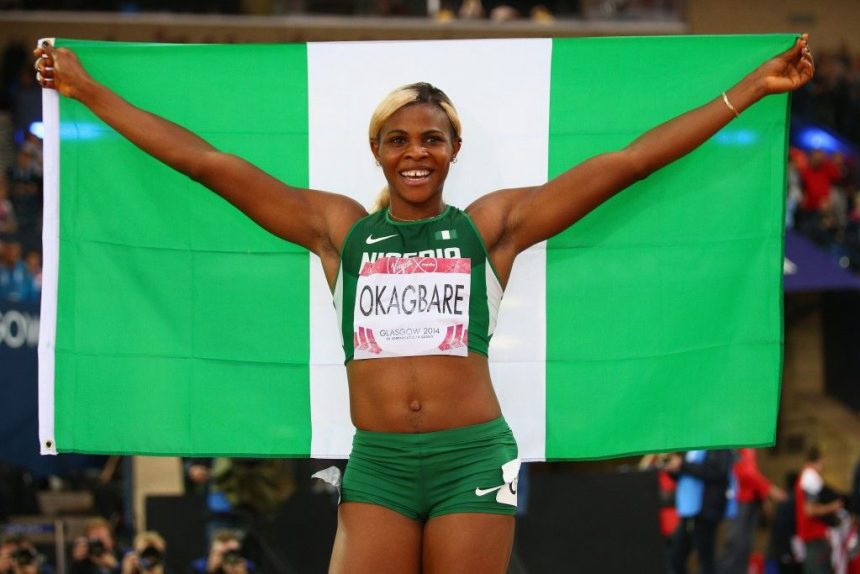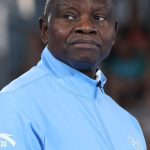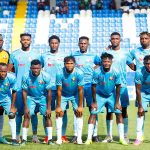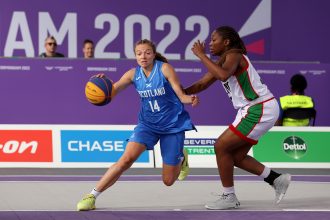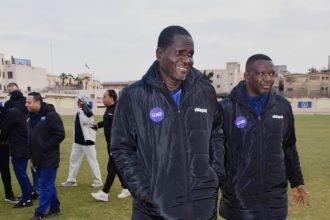Nigerian athletics faces a profound setback following the announcement of significant sanctions against ten of its top competitors by the Athletics Integrity Unit (AIU). The June 2025 sanctions list reveals a sweeping crackdown, imposing bans ranging from two years to lifetime exclusions for a spectrum of anti-doping rule violations, impacting rising stars, Olympians, and national champions.
The sanctions underscore deep-rooted issues within the sport in Nigeria, stripping past achievements and casting a long shadow over future competitions.
Rising Futures Dimmed:
Imaobong Nse Uko (2 Years): Once hailed as a future sprint queen after triple gold at the 2021 World U20 Championships, the 21-year-old quarter-miler is banned until July 2026 for “whereabouts failures” – missing three doping tests within a year. All her results since June 5, 2024, are annulled.
Stephen Eloji (4 Years): The 25-year-old hurdler/sprinter tested positive for dehydrochloromethyl-testosterone during an out-of-competition test in Nigeria in May 2024. His ban runs until June 2028.
Ada Princess Bright (4 Years): This promising sprinter and African U20 relay gold medalist tested positive for Metenolone at Nigeria’s 2023 National Trials. She is banned until September 2027.
Grace Nwokocha (3 Years): Nwokocha’s positive test for multiple prohibited SARMs (Ostarine and Ligandrol) led to a ban until August 2025 and the devastating forfeiture of Nigeria’s women’s 4x100m relay gold medal from the 2022 Commonwealth Games.
Olympians and Repeat Offenders Sanctioned:
Yinka Ajayi (8 Years): The former Olympic 400m runner’s initial 2021 ban for Metenolone was extended to eight years (until January 2030) due to additional findings of tampering.
Glory Okon (4 Years): A finalist at the 2019 African U20 Championships, Okon tested positive for Metenolone in late 2021 and is barred until January 2026.
Blessing Okagbare (10 Years): The fall of the national icon and Olympic medalist is complete. Her initial ban in 2021 for human growth hormone and EPO was extended in 2022 for further infractions, resulting in a suspension lasting until July 2031.
Divine Oduduru (6 Years): The sprinter received a six-year ban (until February 2029) for possession and attempted use of prohibited substances, directly linked to the U.S. doping ring involving convicted supplier Eric Lira under the Rodchenkov Anti-Doping Act.
Lifetime Bans for Repeat Offences:
Henry Azike (Lifetime): The former national competitor, last active in 2011, received a lifetime ban following a second doping violation involving Metenolone.
Vivian Chukwuemeka (Lifetime): Nigeria’s shot put record holder and two-time Olympian faces a permanent ban after testing positive for Stanozolol at the 2012 National Championships – her second offence following an earlier ban in 2009.
Reaction and Implications:
The scale of the sanctions represents one of the most significant blows to Nigerian athletics in recent years. The AIU’s actions highlight persistent anti-doping compliance failures within the country’s system. The bans nullify past results, strip hard-earned medals, and erase years of potential future achievement for the athletes involved.
This sweeping enforcement underscores the AIU’s continued vigilance and sends a stark warning to athletes worldwide about the severe consequences of doping violations. It also places immense pressure on the Athletics Federation of Nigeria (AFN) to implement more robust anti-doping education and testing programs to prevent future scandals and protect the integrity of the sport within the country. The road to rebuilding trust and credibility for Nigerian track and field appears long.

